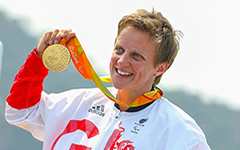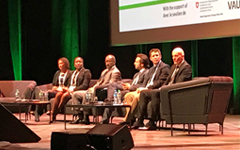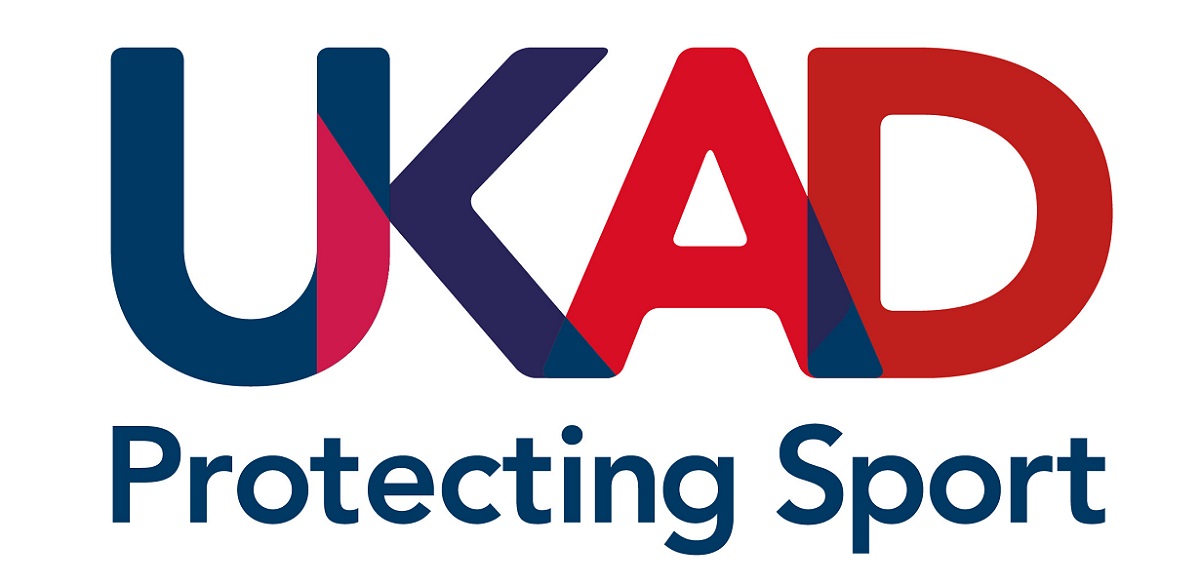BLOG: The fight for clean sport is bigger than any single organisation’s agenda – Emma Wiggs
Paralympic canoe sprint KL2 gold medallist and seven-time paracanoe KL2 and VL2 world champion, Emma Wiggs, has been a member of the UK Anti-Doping (UKAD) Athlete Commission for nearly six years. In the latest of our blogs, Emma speaks to UKAD about her experiences as part of the Athlete Commission, why it's pivotal to have athletes included in the decision-making at top sports organisations, and shares her top tips for athletes during the testing process.
When I saw the opportunity to join UK Anti-Doping’s Athlete Commission in 2013, it was one – as a passionate defender of clean sport – that I just couldn’t turn down. Despite not knowing what exactly to expect, as no other National Anti-Doping Organisation (NADO) had established an Athlete Commission at the time, I wanted to take the opportunity to help do everything I could to promote the importance of ensuring we train and perform on a level playing field, free from the fear of doping cheats.
If you’ve read any previous blogs from my fellow Athlete Commission members, you’ll have seen them all say how important it is that those who choose to cheat get caught, and honest clean athletes don’t suffer the devastation of stolen medal moments. Essentially, that’s what it boils down to, and athletes should – and can – play such a strong role in making this happen.
Collectively, we must stand firm against cheating of any kind, whether it be individuals or state sponsored.
The fight for clean sport should be bigger than any single organisation’s agenda or political leanings and we need our global organisations to come together and respond to the collective athlete voice.
Global organisations need to have impartial athlete commissions that are free to speak out and deliver athletes’ concerns without the fear of being steered by the powers that be.
But as athletes, we also have a duty to take responsibility and be confident in our understanding of strict liability and diligent in the choices we make while we are in the privileged position of doing the sport we love as our job.
And that is the case across all sports and all disciplines. I think there are plenty of misconceptions about Paralympic athletes and anti-doping, ranging from the extreme of ‘all Paralympic athletes are on prescription medication’ to ‘surely Paralympic athletes don’t dope?’. Both are incorrect.
The International Paralympic Committee (IPC) has been working with the World Anti-Doping Agency (WADA) since 2003 to ensure athletes are compliant with both out-of-competition and in-competition testing.
Education obviously plays a key role in this, but ultimately it’s down to us to make the right decisions and check and double-check if we’re unsure of anything, however silly it may seem.
There’s a lot of information to take in, and for new or young athletes it can be fairly daunting, especially when being tested for the first time.
So here are my top tips:
- Take a representative – This might seem unnecessary to those who have done multiple tests but mistakes still get made and having a representative helps you highlight any concerns during the tests and log everything appropriately. This can be anyone you trust from a coach, to a parent. It is a must when abroad.
- Log all your medications and supplements on a weekly chart on your phone – Don’t be caught out trying to remember what you have put in your body over the last seven day - you won’t remember and mistakes are very costly. Be diligent in record keeping.
- Don’t be complacent - Testers can come at any point and I’ve seen athletes rush the process because its ‘inconvenient’ - this is when mistakes happen. See it as a part of being a world-class athlete, and get all the details right in the same way you get your training right.



